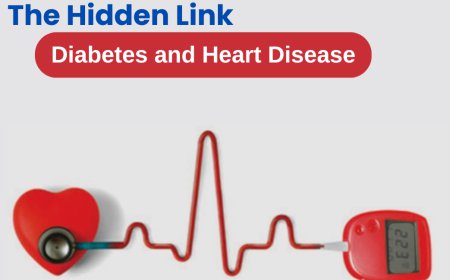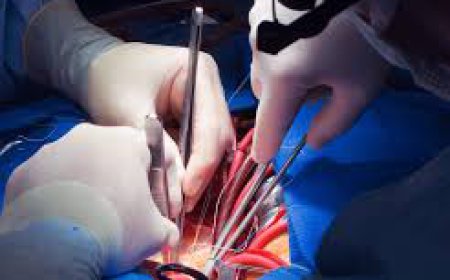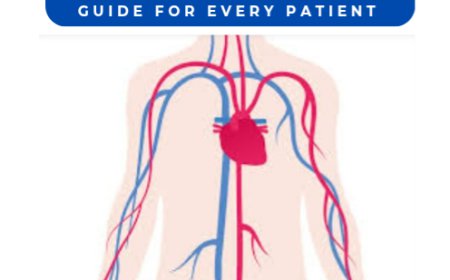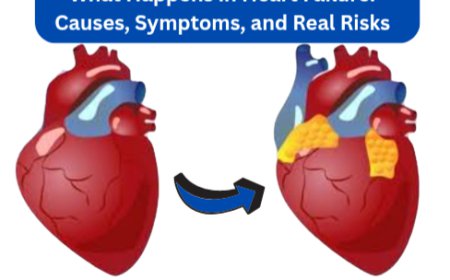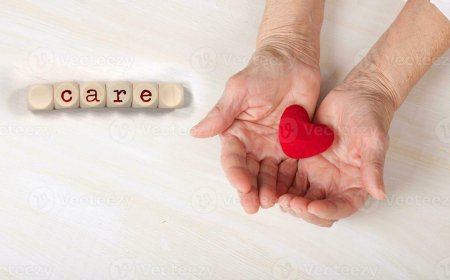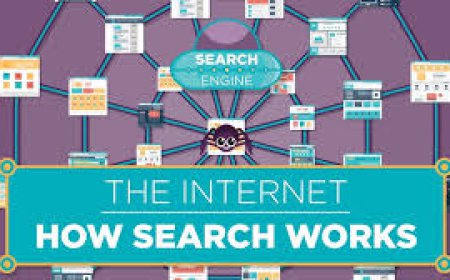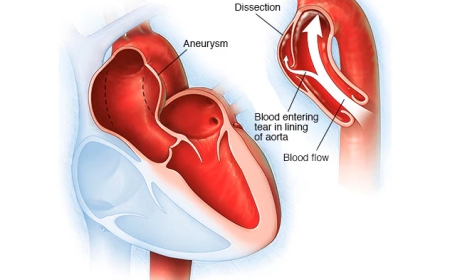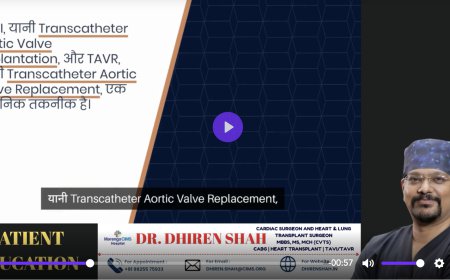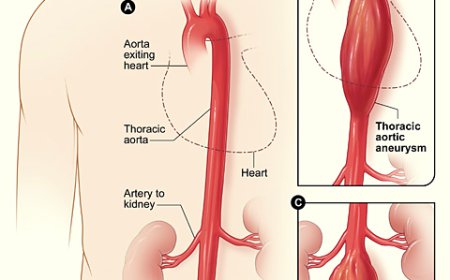What Happens in Heart Failure: Causes, Symptoms, and Real Risks
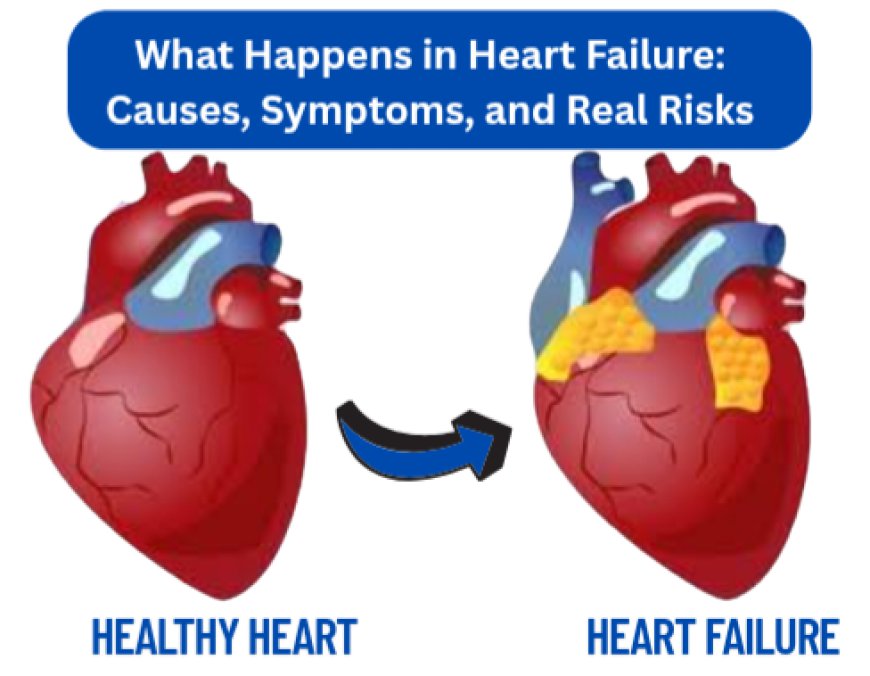
What Happens in Heart Failure: Causes, Symptoms, and Real Risks
Heart failure doesn’t mean your heart has stopped working. It means your heart is not pumping blood as effectively as it should. It’s like a tired engine struggling to keep your body running.
This condition is serious—but manageable, if understood and acted upon early.
What Exactly Is Heart Failure?
Heart failure is when the heart becomes too weak or too stiff to pump blood efficiently. This affects oxygen delivery to every organ in your body. Over time, fluid builds up in your lungs, legs, abdomen—and you feel exhausted, breathless, and unwell.
In simple terms:Your heart can’t keep up with your body’s needs.
What Causes Heart Failure?
Heart failure usually doesn’t happen suddenly. It’s the result of damage over time.
Common Causes:
-
Coronary Artery Disease (Blocked Heart Arteries): Reduced blood supply weakens the heart muscle.
-
Heart Attack (Myocardial Infarction): A part of your heart dies due to blocked blood flow.
-
High Blood Pressure (Hypertension): Constant pressure overload tires your heart.
-
Diabetes: Raises your risk of heart disease silently.
-
Heart Valve Diseases: Faulty valves disrupt blood flow, straining the heart.
-
Irregular Heartbeats (Arrhythmias): Disturb rhythm and efficiency.
-
Alcohol, Smoking, Drug Abuse: Direct toxins to your heart muscle.
-
Genetics: Some patients inherit weak heart muscle (cardiomyopathy).
In many cases, patients ignore early warning signs, allowing small problems to become critical.
Symptoms: How Does Heart Failure Feel?
Heart failure symptoms develop gradually. Watch for:
-
Shortness of breath during routine activities or even at rest.
-
Swelling in legs, ankles, or abdomen.
-
Unusual fatigue.
-
Rapid or irregular heartbeat.
-
Frequent coughing or wheezing, especially lying down.
-
Sudden weight gain (due to fluid retention).
-
Reduced ability to exercise or perform basic tasks.
If you’re feeling “tired all the time,” don’t dismiss it as aging. Your heart might be failing silently.
What Are the Real Risks If Left Untreated?
Heart failure is not just “weak heart.” It’s life-threatening.
-
Fluid can build up in lungs – leading to respiratory failure.
-
Kidneys can shut down.
-
Sudden cardiac death is possible, especially if heart rhythm becomes unstable.
-
Frequent hospitalizations and poor quality of life.
Without treatment, heart failure worsens over months or years.
Is Heart Failure the End of the Road?
Absolutely not.
Today, heart failure can be managed effectively. Treatment slows its progression and improves life expectancy. Medicines, lifestyle changes, cardiac devices like pacemakers, and surgeries—including heart transplant—offer new hope.
Many of my patients, even those in advanced stages, regain meaningful, active lives with proper care.
Why Early Action Matters
I’ve seen patients who came late—when their heart was damaged beyond recovery. But I’ve also seen patients who took charge early and avoided transplant.
Here’s my advice:Never ignore breathlessness, swelling, or unexplained fatigue.Get tested. Start treatment. Fight back.
In Summary:
-
Heart failure is progressive but manageable.
-
It’s caused by heart muscle weakness, blocked arteries, high BP, diabetes, and lifestyle factors.
-
Symptoms include breathlessness, swelling, fatigue, and irregular heartbeat.
-
If untreated, it can lead to organ failure or death.
-
Timely treatment can change the story.
Your Heart Needs You Now
Heart failure is serious. But knowledge, early action, and disciplined care can give you a longer, healthier life.
Don’t wait for emergencies.Let’s take control—together.
What's Your Reaction?
 Like
0
Like
0
 Dislike
0
Dislike
0
 Love
0
Love
0
 Funny
0
Funny
0
 Angry
0
Angry
0
 Sad
0
Sad
0
 Wow
0
Wow
0


